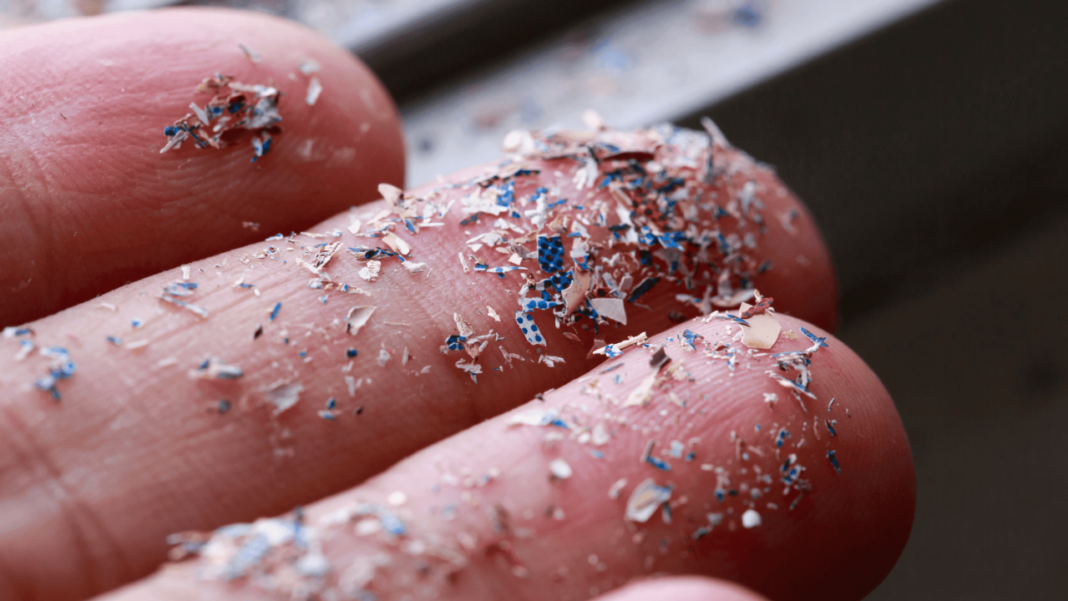Recent research has uncovered a startling and concerning finding: microplastics, tiny plastic particles less than five millimeters in size, have been detected in human testicles. This discovery has significant implications for human health, particularly reproductive health. In this article, we explore the study’s findings, the potential health impacts of microplastics, and steps to mitigate exposure.
Study Highlights Microplastic Contamination:
A groundbreaking study conducted by a team of scientists has revealed the presence of microplastics in every single human testicle examined. This extensive research highlights the pervasive nature of plastic pollution and its infiltration into the most intimate and sensitive parts of the human body. The study analyzed tissue samples from various donors and consistently found microplastic particles, raising serious concerns about their potential impact on male reproductive health.
Health Implications of Microplastics:
Microplastics are known to carry toxic chemicals and can cause physical damage to tissues. Their presence in the testicles could disrupt normal cellular functions and lead to inflammation, potentially affecting sperm production and quality. This could have broader implications for fertility and overall reproductive health. Additionally, the long-term effects of microplastics on human health are still not fully understood, but their ubiquitous presence in the environment and food chain poses a significant risk.
Sources of Microplastic Exposure:
Microplastics originate from a variety of sources, including the breakdown of larger plastic debris, personal care products, synthetic clothing fibers, and even food packaging. They enter the human body through ingestion, inhalation, and dermal absorption. The widespread use of plastic products and inadequate waste management practices contribute to the prevalence of microplastics in the environment, ultimately leading to their accumulation in human tissues.
Mitigating Microplastic Exposure:
Reducing exposure to microplastics requires a multifaceted approach. Here are some practical steps individuals can take:
1. Minimize Plastic Use: Reduce reliance on single-use plastics, opt for reusable products, and choose natural fiber clothing.
2. Improve Diet: Consume fewer processed foods and more fresh, whole foods to reduce ingestion of microplastics.
3. Filter Water: Use water filters that can remove microplastics from tap water.
4. Support Policy Changes: Advocate for stricter regulations on plastic production and waste management.
Conclusion:
The discovery of microplastics in human testicles is a wake-up call to the pervasive and insidious nature of plastic pollution. The potential health impacts, particularly on reproductive health, underscore the urgency of addressing this global issue. By taking proactive steps to reduce plastic use and advocating for systemic changes, we can help mitigate the risks associated with microplastic contamination. This study highlights the need for continued research to fully understand the implications of microplastics on human health and to develop effective strategies to protect future generations.
Source- Times of India



